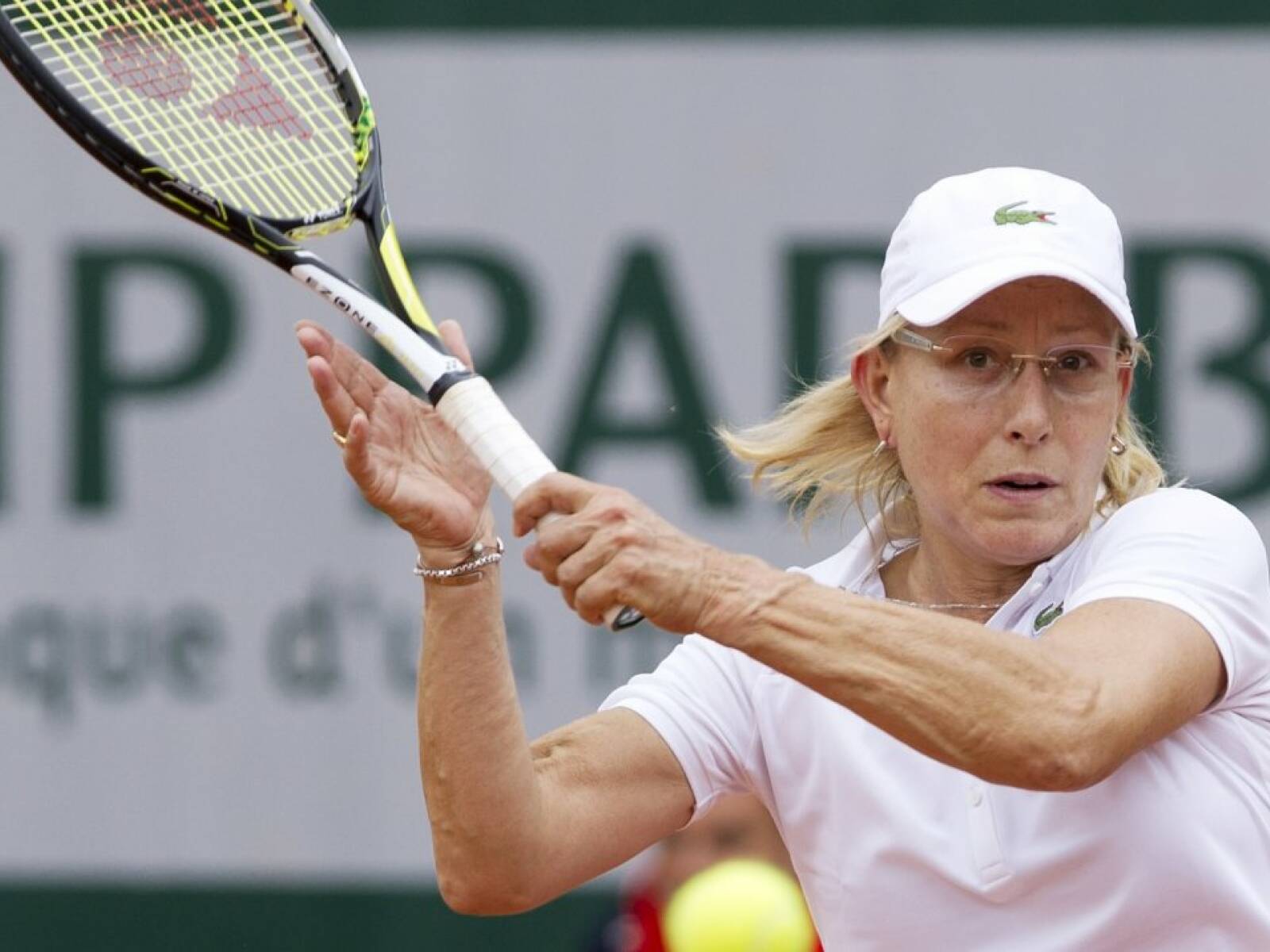
Introduction
Martina Navratilova, a name synonymous with tennis excellence, continues to resonate both on and off the court. With a remarkable career spanning over three decades, Navratilova has not only set numerous records but has also become a significant figure in the fight for LGBTQ+ rights and health awareness. Her pioneering efforts in both sports and activism highlight an ongoing commitment to excellence and equality.
Achievements on the Court
Born on October 18, 1956, in Prague, Czechoslovakia, Navratilova showcased her extraordinary talent from a young age. She relocated to the United States in 1975, where her professional career soared. Throughout her illustrious career, she won a total of 18 Grand Slam singles titles and 31 Grand Slam doubles titles, making her one of the most decorated players in tennis history.
Navratilova was renowned for her exceptional serve-and-volley game, physical fitness, and mental tenacity. She dominated women’s tennis in the late 1970s and 1980s, with her iconic rivalries, particularly with Chris Evert, capturing the public’s imagination and pulling in record viewership for women’s tennis.
Activism and Advocacy
Beyond her tennis accomplishments, Navratilova has used her platform to advocate for LGBTQ+ rights and health awareness. In the late 1980s, she publicly came out as bisexual, becoming one of the first high-profile athletes to do so. Since then, she has been a tireless advocate for equality, working with various organizations to support LGBTQ+ rights and raise awareness about issues such as homophobia in sports.
In recent years, Navratilova has also been vocal about health issues, particularly regarding breast cancer, which she was diagnosed with in 2010. Her openness about her journey has encouraged many individuals to prioritise their health and seek help.
Recent Developments
In April 2023, Navratilova made headlines once again when she announced that she would return to competitive tennis in a sensational match at a charity event, showcasing not just her enduring talent but also her commitment to giving back to the sport that made her famous. As she steps into this new chapter, her impact continues to transcend generations.
Conclusion
Martina Navratilova’s legacy extends well beyond the tennis court; she is a symbol of resilience and progress. Her influence on both sports and societal issues demonstrates the power of athletes as advocates for change. As she continues her journey, both as an athlete and activist, she inspires countless individuals to pursue their passions while standing up for what is right. Navratilova’s story reminds us of the importance of using one’s platform to impact the world positively, and her legacy will undoubtedly inspire future generations.
You may also like

Jack Willis: The Rising Star of English Rugby

The Rise of Harvey Elliott in Football
